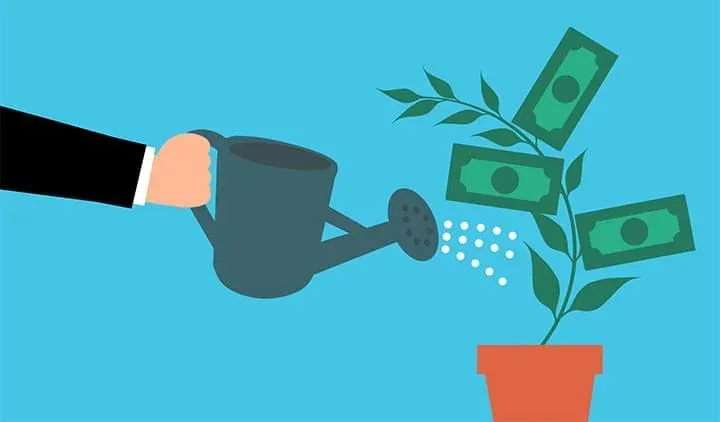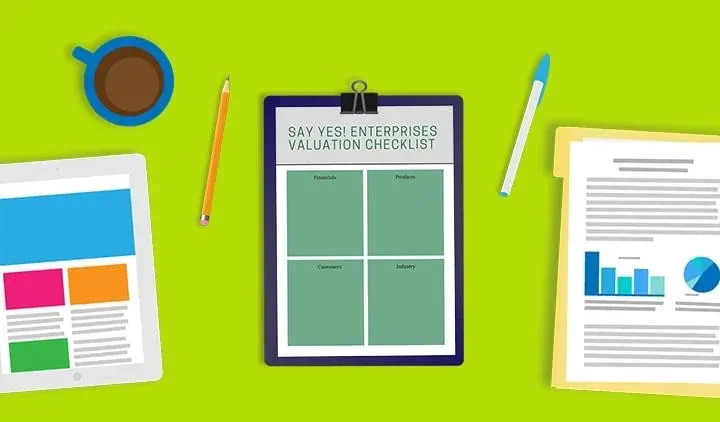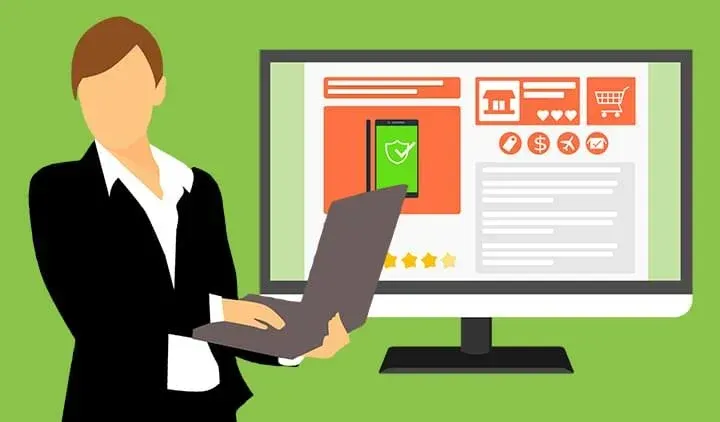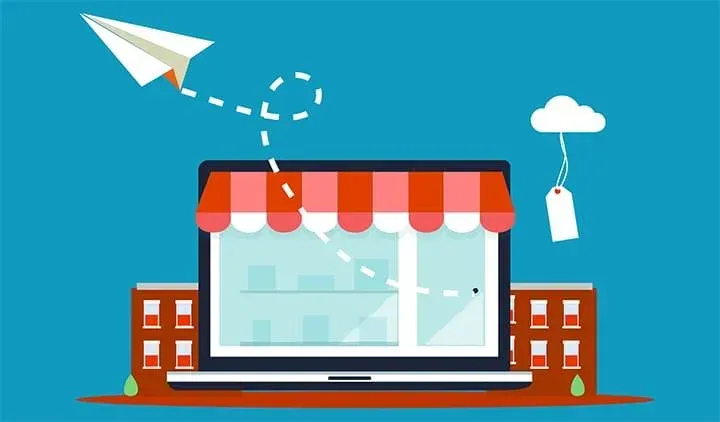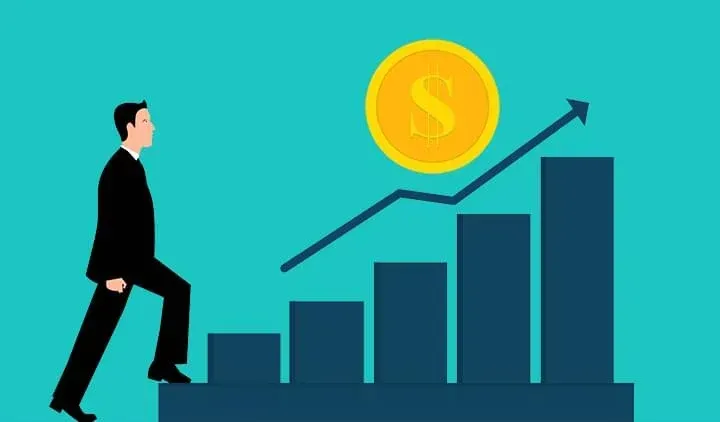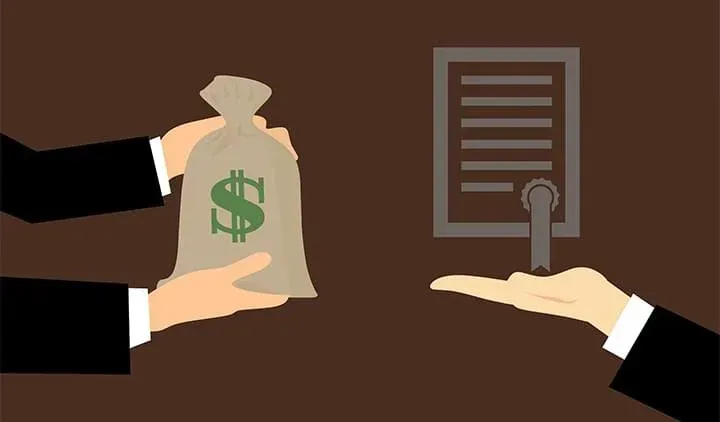Is Your Business a Candy, Vitamin, or Painkiller?
Written by Marissa B. on December 15th, 2020
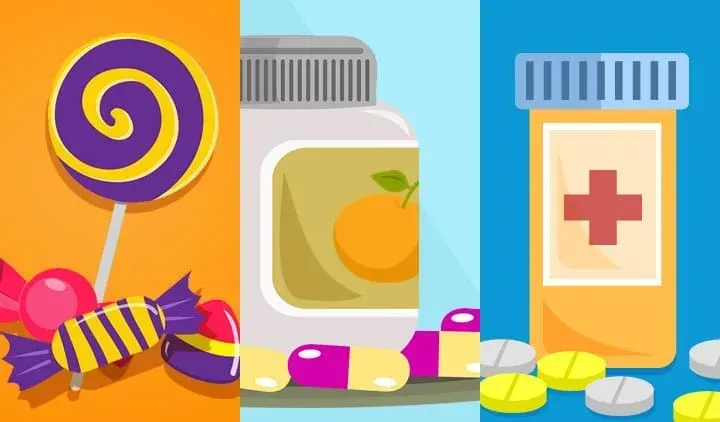
What category does your business fall under?
When it comes to acquisitions and exit planning, it is important for everyone in the transaction to understand the type of business that is being evaluated. Regardless of industry, all businesses fall into three simple categories.
A business is either a candy, a vitamin or a painkiller. Think about it. If you have the choice of receiving a piece of candy, a vitamin or a painkiller, which one do you need the most?
Most would agree that the answer would depend on the situation. A person with a toothache needs a painkiller more than a piece of candy, but a person with a vitamin deficiency may need a vitamin more. The candy may be more valuable for a person with low blood sugar.
In everyday life, there is a hierarchy of needs when people make decisions. People prioritize needs and are willing to make sacrifices for wants. In times of scarcity, wants are often the first items removed from a person’s budget. For those in-between (vitamin) items that people should get, some people will prioritize them in times of scarcity and others will stop buying them. The decision depends on how well customers understand the value of the product.
Candy businesses are “wants.” Vitamin businesses are “shoulds.” Painkiller businesses are “needs.”
General Examples of Candy, Vitamin or Painkiller Businesses
Entertainment purchases such as concerts or movie tickets are examples of candy businesses. Vitamin businesses sell things like gym memberships, health supplements, and special types of car maintenance. Painkillers include products and services such as AC repair, medical care, car repair, and home utilities.
Although candy businesses can be lucrative, investors often feel more comfortable purchasing vitamin and painkiller businesses. Painkillers are items that people have an urgent need for. Even in times of economic downturn, people will do whatever they can to make painkiller purchases. Hence, businesses that provide painkillers are more economically stable.
Candy
Vitamins are “shoulds” and fall in between Candy and Painkillers. These items are not frivolous, but they are not essential either. Rather than being a purchase that just “feels good,” vitamins benefit the purchaser. They may make a process easier, improve health, or even yield financial benefits.
Supplements, gym memberships, healthier food items, cruelty-free cosmetics, sustainably sourced coffee, and budgeting apps are all great examples of vitamins.
Many businesses fall into the Vitamin category and can easily be upgraded or downgraded into the respective category. Vitamin businesses tend to be more valuable than Candy businesses because of the ability to market the “Should” behind the product or service the business provides.
When economic insecurity arises, customers behave differently with Vitamin-type products and services rather than Candy-type products and services. For example, a customer may forgo eating out so they can save money for their gym membership. Another example would be a customer making a selection at the department store to pay a higher amount for a cruelty free lipstick versus the alternative.
Vitamins
SYE is a company that works with both buyers and sellers. Sometimes, the business seller has specific needs or a specific timeline to meet. Special circumstances don’t mean that a deal isn’t possible.
In fact, as Wick explains, “Special circumstances are usually what’s prompted the sale of the business in the first place. Where I’m able to add more value than traditional business buyers is my depth of understanding of what it’s like to be on the other side of the table as a seller. Sellers have needs. If a buyer doesn’t address those needs, they’ll most certainly either lose the deal or have an unpleasant transaction.”
Deal financing happens on a case by case basis. Most sellers are unaware of the possibilities to finance the sale of their business. While rare deals consist of an upfront cash offer, most transactions are creative with down payments, seller financing, earn-in’s, earn-out’s, revenue sharing, or equity agreements. There are opportunities for sellers to benefit only once or as Wick recommends, to benefit on an ongoing basis.
Painkillers
A painkiller is something you need, rather than merely want. This is something that a person feels compelled to pay for even if they don’t want to. Food, shelter, utilities, internet, water, beds, eyeglasses, toothpaste, and deodorant are all examples of painkillers.
Painkiller-type businesses have the highest company valuations out of these three categories.
Say Yes! Enterprises recently encountered an interesting example of a painkiller business when the owner of a chicken coop door company reached out for a business valuation and acquisition discussion.
Most chicken coop doors are manual. This means a farmer or farmhand must get up early in the morning and return to the chicken coop multiple times a day to let chickens in and out.
An automatic door is convenient, but it is more than a luxury. On chicken farms, chickens are products, so they need protection, just as a jeweler would protect diamonds. This door can close at the push of a button if predators (like foxes or wolves) are sighted on the farm. Statistically, farmers who have to run out to the coop to manually close a door lose more chickens each year. The problem-solving function for businesses is so high that people choose this product over the competition. Even if they do not want to pay for it, this automatic door kills the serious pain of losing valuable chickens.
Think about essential products and services you use, what could you go without? What do you absolutely need?
Businesses That Have Upgraded
Any business can upgrade from one category of business to another, so do not despair if you realize that your business is candy right now.
A sports team is a great example of a business that can upgrade. Without any positioning, sports is simply a candy business. With skillful marketing, sports can turn into vitamins and even painkillers.
Fans are often attracted to teams because of a sense of identity. With marketing, the identity around a certain team can grow into something much deeper than cheering, painted faces, and common colors. A team can stand for something that is beneficial to the community at large or even beneficial to a person’s mental health.
A small scale example of this is when sports teams donate a portion of ticket sales to breast cancer research, veterans, or a local children’s hospital. For those particular nights, the decision to go to a game is more important than having fun. Buying a ticket also supports a cause that a spectator may feel compelled to get behind.
Sports teams can also create scarcity by careful wording in promotions. Consider these statements:
“Our next game is Friday.”
VS.
“Come see our star player on his final game before retirement this Friday.”
VS.
“Don’t miss the second to last home game of the season this Friday.”
The first statement informs customers that the game is happening. Attending a sports game is not essential. If Friday is payday, a person might go. If their money has to stretch until payday the Friday after the game, that same person might decide to sit the game out.
The last two statements offer a compelling reason to go to the game. Instead of being an average game, it is the last time to see the star player or the second to last game of the season. By positioning buying a ticket as a way to get a limited resource, this message is creating scarcity.
Now, a normal candy item of tickets becomes a vitamin or even a painkiller because the customer feels they should or need to buy tickets to the game.
For all three statements, the same ticket costs the same prices and earns entrance into the same game. The last two statements create a sense of scarcity that increases the value and importance of the ticket and compels customers to buy.
Upgrading DNA Kits - A Wonderful Example!
At-home DNA testing is a perfect example of an industry that has positioned itself from being a candy to a painkiller. When DNA testing kits first hit the market, the test results told a person their ancestry. In most circumstances, finding out that you are 45% European is not a matter of life or death but rather a mere curiosity.
At that time, that industry was in the candy field. It was a purchase that many people wanted to make, but curiosity would not win out if a person had to choose between paying their bills and buying a DNA kit. Over time, the industry became a vitamin by promoting at-home DNA kits that detected biological markers for diseases such as arthritis, breast cancer, and Alzheimer’s.
With that shift in marketing, DNA testing grew in importance. Rather than being an activity for the curious, these products became something that could add value to or even save a person’s life. Doctors started encouraging patients to get tested. People who did not care about their ancestry started to look into at-home DNA kits.
Still, people do not need to know if they have a predisposition to cancer. This is something that people should do, but, like a vitamin, this type of purchase is often sacrificed for painkillers.
Today, there are many painkiller business models within the at-home DNA industry. A painkiller delivers an effective solution to a current problem. Diseases that a person may grapple with in the future are not current problems. Maladies that a person can’t find answers to right now is a current problem that diminishes the quality of life.
According to the CDC, digestive health problems are the chief complaint for 30.7 million physician and emergency room visits each year. Beyond these 30.7 million visits, there are tens of millions of people who suffer in silence.
At-home DNA companies have solved this pain by offering DNA tests that alert people to food allergies, sensitivities, and intolerances. Now, DNA kits are needed for millions of people who are not concerned about ancestry or risk of disease. These DNA kits that were something to buy on a whim at first are now sought out by people who are desperate to solve a health problem.
Small changes in this business process and marketing transformed a candy business into a painkiller. It did not take a large change in the type of product to change the position in the market for these companies. Instead, the companies increased their understanding of the customer’s needs and offered services that better met those needs.
Why It Matters
Understanding whether your business is candy, a painkiller, or a vitamin helps business owners and investors alike to know where a business stands in the market. These categories offer insight into the decisions consumers make.
Categories force business owners to think about the type of value they provide. For example, people value DNA kits because it helps them with their health, and people value chicken coop doors because they help them keep chickens (and profits) safe.
In great markets, sales of luxury purses, a candy business, are high. In a recession, sales for these types of non-essential items may plummet.
Categories are also important for exit planning. By nature, candy businesses do not have the strongest valuations. Candy businesses are very dependent on the market and seasonality. Despite a great product and great marketing, actual sales performance for these items is based on the overall economy. Do people have ample disposable income? Are people being more conservative about spending because they believe an impending financial crisis will happen? In these settings, great candy businesses may fail to meet sales goals.
Investors are more interested in vitamins and painkillers. These are items that consumers either feel they should buy or need to buy. Products and services that fall under these categories are far more recession-resistant. Historical sales data is more reliable in these industries, so vitamin and painkiller businesses have higher and stronger valuations.
Candy businesses are not bad businesses. Many candy businesses are strong contenders in multi-billion dollar industries, but these are not the strongest businesses an entrepreneur can own when it comes to exit planning and acquisitions.
How soon can transitioning from candy to vitamin to painkiller impact the value that investors are willing to pay for a business? Investors want to see history. History gives the most concrete proof that a business is profitable and works as a system.
It takes time, typically months or even years, to show the historical impact of the change. Investors need tangible evidence that the pivot from candy to vitamin or vitamin to painkiller is having a significant and permanent impact on profits. They want to see that customers understand the value of the product and service and have moved it to a different category mentally.
How to Transition
If your business is a candy, that does not mean you are not profitable or that you do not have a great business. It means that your business is not recession-proof. Every business should have the goal of becoming a painkiller. Reaching this goal requires taking baby steps.
With few exceptions to the rule, most businesses do not jump from being a candy to being a painkiller. It is much easier to make the journey in steps. If you’re a candy now, focus on becoming a vitamin first. Once you have become a vitamin, work to become a painkiller.
The key to transitioning from one category to the next is to make small pivots that make your business more important to the customer. This does not require a total overhaul of your business. At each transition, you need to create more awareness and more urgency in your marketing. The product or service may not have to change. Instead, a business needs to change the way customers think about the product.
With the true example of DNA kits, the companies are still selling the same DNA kits processed in the same labs. Rather than changing to a different business, the kit companies have pivoted to provide information that is more important to customers.
Scarcity is also a great tool for transitioning from a candy to a vitamin.
As SYE founder Chritstopher Wick explains, “I remember two Christmases ago. I sold a very popular product on e-commerce; blankets. We sold thousands of blankets, and it was just one blanket. It wasn't fancy. It didn't do any tricks. It was just a blanket with a really beautiful design. That's absolutely a candy. We were selling a bunch of them because of scarcity.”
The blanket was often advertised with urgent phrases such as “only 20 left” and “only 50 left.” Humans have a natural fear of missing out, so telling customers that there is only a little of something left or a limited time to act on an offer creates scarcity that makes customers feel like they should act now.
The key to changing from a candy to a vitamin to a painkiller is changing the positioning, messaging and marketing around your product or service. There are only rare occasions when a business needs to change the product or service offering to make this transformation.
Centering marketing around scarcity, important causes, features, and benefits helps customers to see why they should or need to purchase a product. How can you position what you do? How can you make your message important?
For help planning your journey from candy to vitamin or from vitamin to painkiller, contact Say Yes! Enterprises.
A Final Note
“Whenever you’re going from a candy to a vitamin to a painkiller, it’s not that you have to change what it is you do. The only thing you have to change is how you say what you do.”

About Say Yes! Enterprises
Say Yes! Enterprises is an investment management company that acquires, builds, and sells companies that benefit shareholders, customers, team members and communities at large.

About Christopher Wick

Investor, 9X Award-Winning Entrepreneur, and 5X Best-Selling Author & Speaker
Founder/Principal of businesses that have been featured by Huffington Post, ABC, NBC and Wall Street Select
Christopher Wick is an award-winning entrepreneur who has built, bought and sold various companies relating to social media marketing, e-commerce, real estate, retail and investing.
Other Articles:
Work With Us Today!
ABOUT
Say Yes! Enterprises is an investment management company that acquires, builds, and sells companies that benefit shareholders, customers, team members and communities at large.
